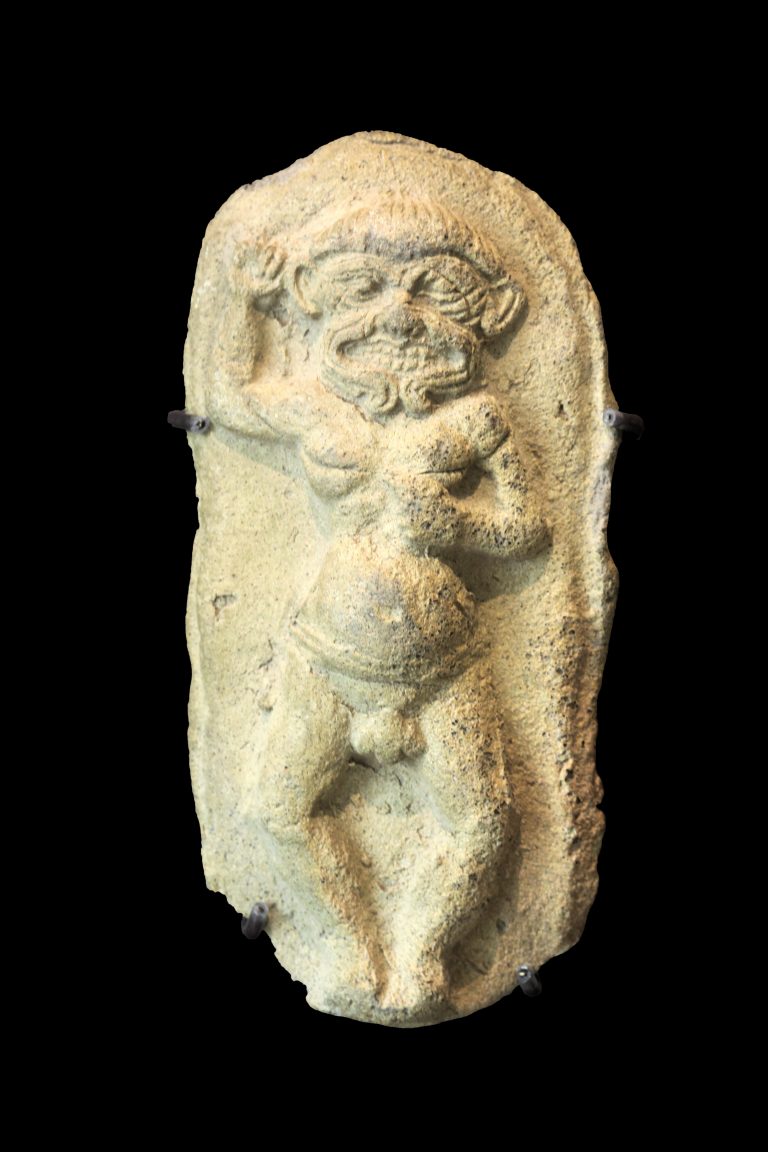

Most obvious is the Epic’s accounts of the Garden of Eden, the lyrics of Ecclesiastes and the great flood. Scholars agree that it is one of the foremost sources for the Old Testament. The Epic has been enormously influential. So although he dies he achieves immortality through his great deeds.

However, the great accomplishments of Gilgamesh bring him great fame and he lives on in that fame. What he learns is that he will never find it as when the gods created human beings they made death a part of being human: only they will make the decisions about when and how human beings will die. He sets out on a dangerous journey to discover the secret of eternal life. In the second half, Gilgameh is in mourning. Those actions anger the gods and they sentence Enkidu to death. After that, they kill the Bull of Heaven. They go on a mission together to slay the Guardian, Humbaba the Terrible, where they cut down a sacred Cedar that he is guarding. He is defeated by Gilgamesh but the two nevertheless become friends. He is presented with a prostitute, who civilises him, and he goes to Uruk where he challenges the king to a test of strength.

The first part tells the story of a wild man, Enkidu, who the gods have created to stop Gilgamesh from oppressing the people of Uruk. Only a few tablets of it have survived but scholars have reconstructed most of the writing of the twelve tablets. Scholars have worked out that it is derived from five Sumerian poems about Gilgamesh, king of Uruk. It is thought to be the world’s earliest great work of literature: it is certainly the oldest surviving such work. The Epic of Gilgamesh is an ancient Mesopotamian epic poem dating from about 2100 BCE. Each Shakespeare’s play name links to a range of resources about each play: Character summaries, plot outlines, example essays and famous quotes, soliloquies and monologues: All’s Well That Ends Well Antony and Cleopatra As You Like It The Comedy of Errors Coriolanus Cymbeline Hamlet Henry IV Part 1 Henry IV Part 2 Henry VIII Henry VI Part 1 Henry VI Part 2 Henry VI Part 3 Henry V Julius Caesar King John King Lear Loves Labour’s Lost Macbeth Measure for Measure The Merchant of Venice The Merry Wives of Windsor A Midsummer Night’s Dream Much Ado About Nothing Othello Pericles Richard II Richard III Romeo & Juliet The Taming of the Shrew The Tempest Timon of Athens Titus Andronicus Troilus & Cressida Twelfth Night The Two Gentlemen of Verona The Winter’s Tale This list of Shakespeare plays brings together all 38 plays in alphabetical order. Plays It is believed that Shakespeare wrote 38 plays in total between 15.


 0 kommentar(er)
0 kommentar(er)
